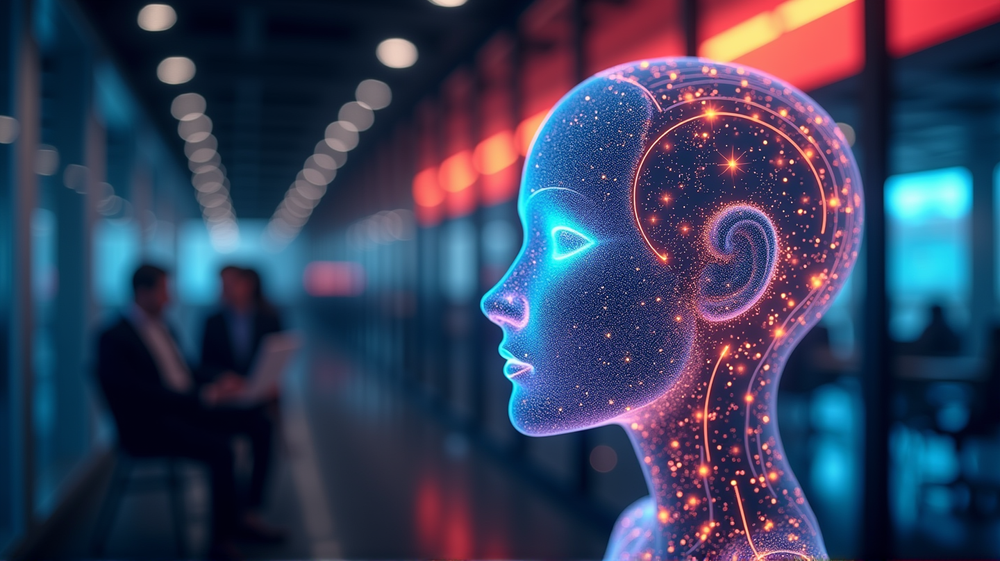AI's Evolution from Tool to Influencer: The Future of Marketing Innovation
The Dawn of Autonomous AI in Marketing
The age of AI in marketing is rapidly approaching a transformative milestone. While previously seen as a means to boost productivity by automating routine tasks, Artificial Intelligence is now on the cusp of becoming a strategic influencer, guiding marketing strategies in unprecedented ways. As Nicole Greene, VP Analyst at Gartner, suggests, the journey from utilizing Generative AI (GenAI) for mere efficiency improvements to leveraging autonomous AI for driving enterprise growth has begun its pivotal shift.
Harnessing AI as an Autonomous Agent
Traditionally, AI has functioned as a powerful tool for enhancing productivity with its ability to execute repetitive tasks efficiently. In the near future, however, AI’s role will evolve from simple task execution to that of an agent. These autonomous agents, capable of superior customer interaction and data-driven decision-making, will operate with minimal human guidance. As Greene mentioned at the Gartner Marketing Symposium/Xpo in London, AI will begin delivering more enriched customer experiences and simplify decision-making processes, acting as an intermediary between companies and their clientele.
Preparing for the AI-Driven Future
To capitalize on this evolution, CMOs (Chief Marketing Officers) need to strategize for AI’s integration beyond productivity purposes. This strategy should encompass several key areas:
- Strategic Development: AI must meet customers at their point of need, providing insights and enhancing brand value.
- Operational Oversight: Implementing processes where AI actions align with business goals and ensuring human oversight.
- Building Trust: Maintaining transparency about AI’s capabilities and limitations.
- Data Management: Prioritizing clean, accurate customer data while leveraging synthetic data as needed.
- Risk Mitigation: Establishing legal and ethical guidelines for AI autonomy and data privacy protocols.
Embracing AI as an Influencer
Within the next three to five years, AI is expected to take on an influencer role—autonomously leading decisions and shaping marketing outcomes with minimal human intervention. This calls for a paradigm shift, where marketers need to accommodate both human and machine customers. AI, through its evolutionary journey, promises to not only enhance marketing strategies but fundamentally redefine customer interaction models.
Collaborative Efforts in AI Integration
As AI technology matures, departments must collaborate to identify and leverage scenarios where AI can autonomously act on behalf of customers. This also involves adjusting to seamless interactions between AI agents and the brand’s products. As influencers, AI will not only make autonomous decisions but also need to ensure compliance with privacy, consent, and regulation standards.
While we may not yet have fully autonomous AI influencers, staying informed on technological advancements is crucial. Marketers must be ready to integrate emerging AI capabilities into their strategies as these technologies continue to evolve and mature, ensuring that AI’s full potential as an influencer is realized.
According to Gartner, the Gartner Marketing Symposium/Xpo is where marketing leaders gather to prepare for these groundbreaking technological shifts, providing insights into the emerging trends and tools necessary to achieve business success in this new AI-driven era.




